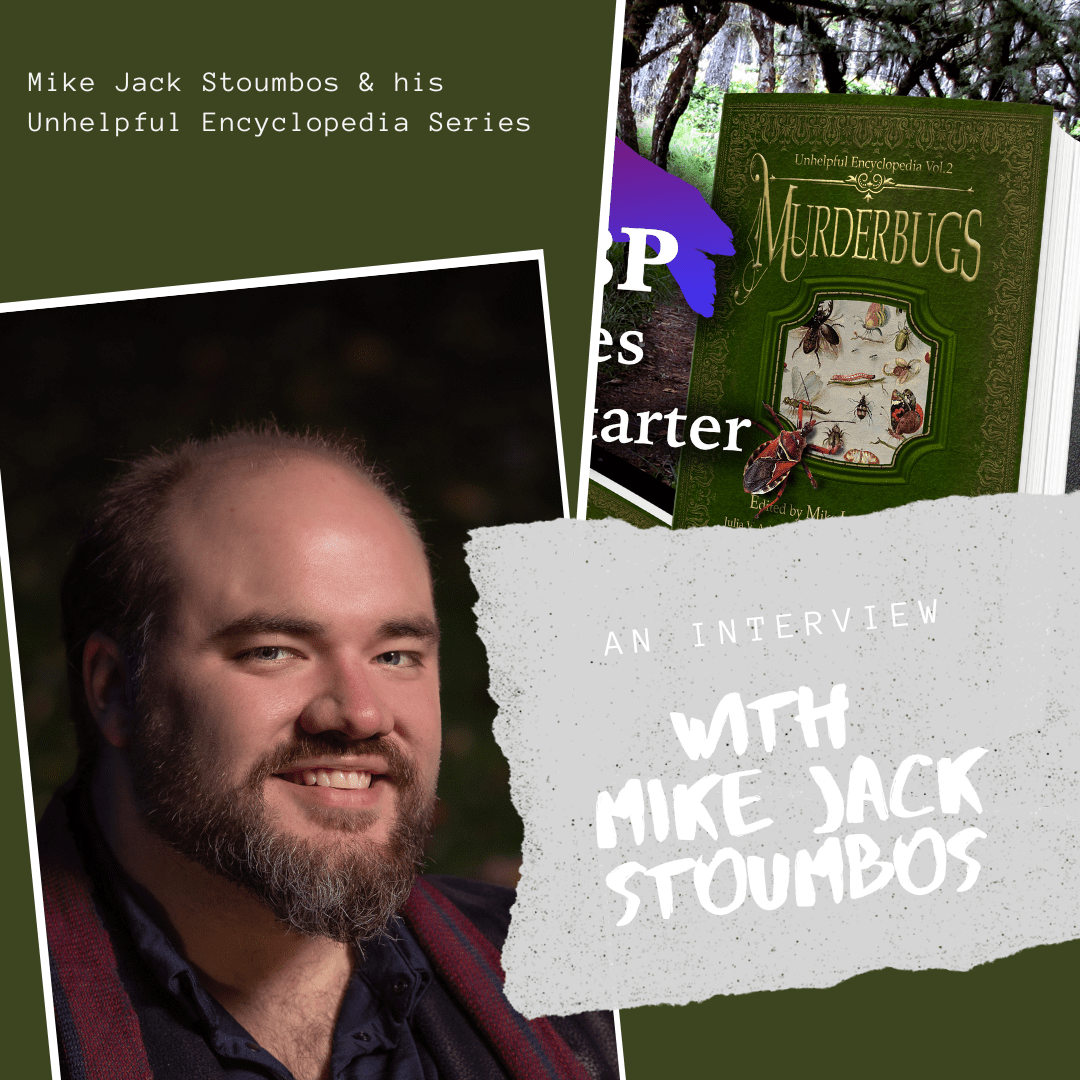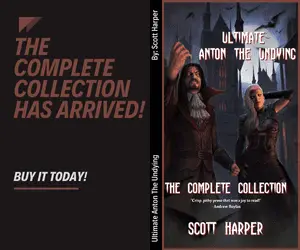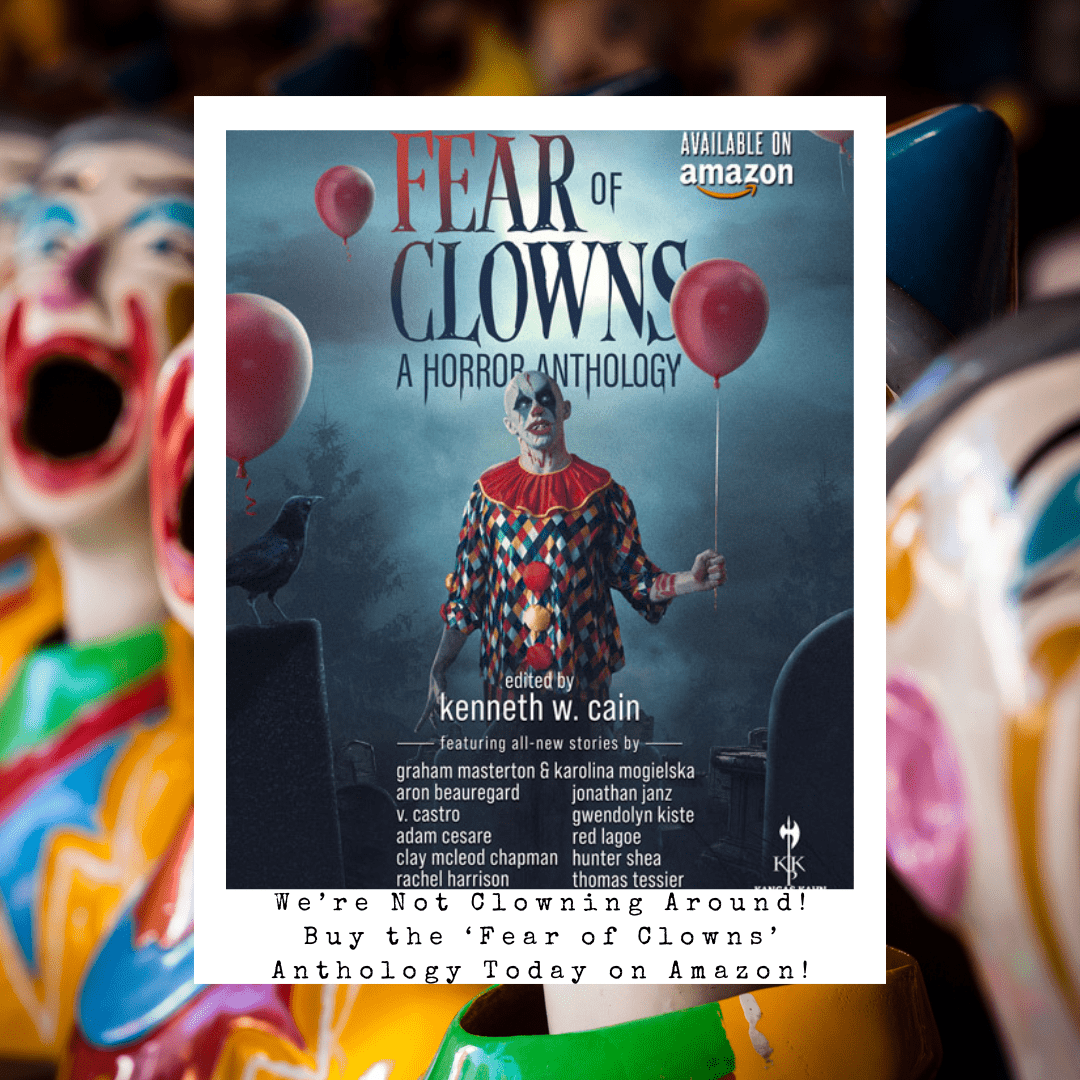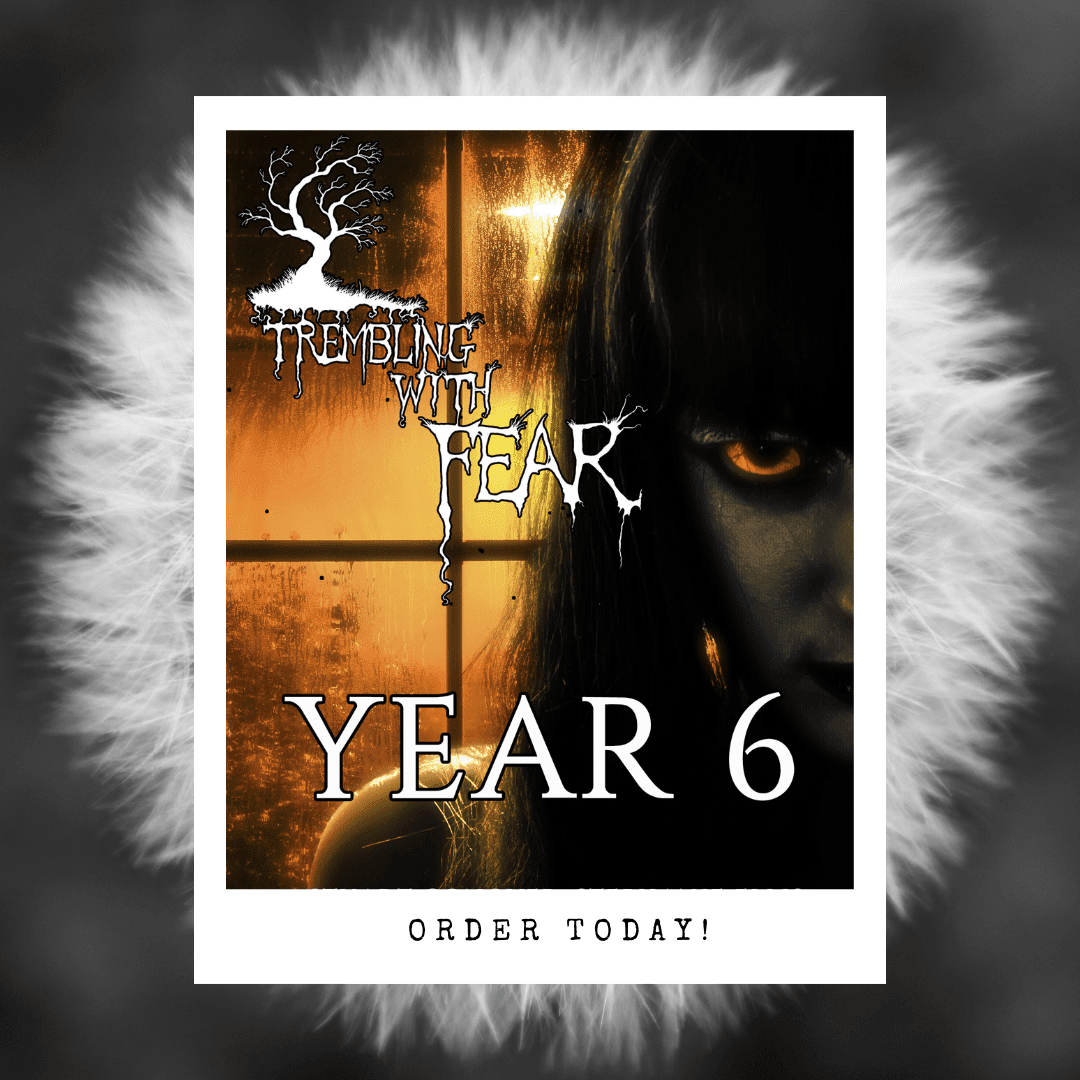Hello, children of the dark. I wonder, how many of you turn to the dark side of fiction for catharsis? I ask because Tuesday marks World Mental Health Day—a global movement spearheaded by the World Foundation of Mental Health—and I know part of the lure for me is indeed a way to process my own issues and fears. Whether it’s writing or reading, I find that immersing myself into a fictional world can help me to confront those things which I find challenging in the Real World. Is it the same for you?
I ask this not just because of the big day of global awareness, but also because I’ve had a challenging week in terms of mental health. I’ve said in these pages before that I have many, shall we say, diagnoses of the neurological kind. I’m a long-term chronic depression and anxiety patient, and have more recently (finally) been diagnosed with ADHD, sensory processing disorder, and dyspraxia, as well as some ASD traits. And while I’ve been processing and adjusting to those more recent diagnoses, I’ve also been nursing our beloved black rabbit through palliative care. On Tuesday, we lost her. We had the vet send her over the rainbow bridge; she’d had enough, it’d gotten too much for her. And, children of the dark, I really hate not having her around. She was my heart, my soul, my emotional support. She was so important to my mental health as well as much loved and spoiled, and as I write this the day after we lost her, I keep thinking I can hear her shuffling around. It’s heartbreaking. But at the same time, my inner monologue is telling me “ffs, it’s just a pet”. Those damn voices can sense vulnerability, and they intend on making the most of the chinks in the armour. (Note to self: I need to change all my bios to amend references to bun.)
For those who are using mental health in their writing, I implore you to use a sensitivity reader before submitting your stories to publications; you can access these via the HWA, which launched a mental health initiative last year (more on that here). We’re getting an increasing number of submissions to TWF that involve mental illness, and often the matter is not handled sensitively. Mental illness is not a punchline. It can be part of a character’s back story, but it should not be the only reason they are the bad guy. If your story’s twist is “oh hey turns out she was ‘crazy’ and got locked away”, then you are not writing with sensitivity. Do better.
And dear children of the dark, look after yourselves please. This year’s theme for World Mental Health Day is “mental health is a universal human right”—and it really, really is. You have the right to support, the right to talk, and the right to ask for help. So please ask for help. And continue to seek solace in the dark of our pages and the plethora of others around the internet.
You matter, and we love you.
Turning to this week’s TWF menu, and our short story is a stunning meditation on PTSD from Masimba Musodza. This is then followed by three delicious quick bites:
- Stéphane G. Perahim receives an inheritance,
- A.R Carrasco considers the rules of an academic discipline, and
- Corinne Pollard finds it’s definitely not ‘out of sight, out of mind’.
Finally, a repeat of last week’s quick note on the short story submissions. We have been honoured and excited to see the submissions come in thick and fast since we reopened last month, but we are getting multiple subs from individual authors. Given the volume of submissions we’re receiving, we will only be able to accept one story per author for now. Make sure you’re giving us your very best to maximise chances of acceptance!
Over to you, Stuart.
















